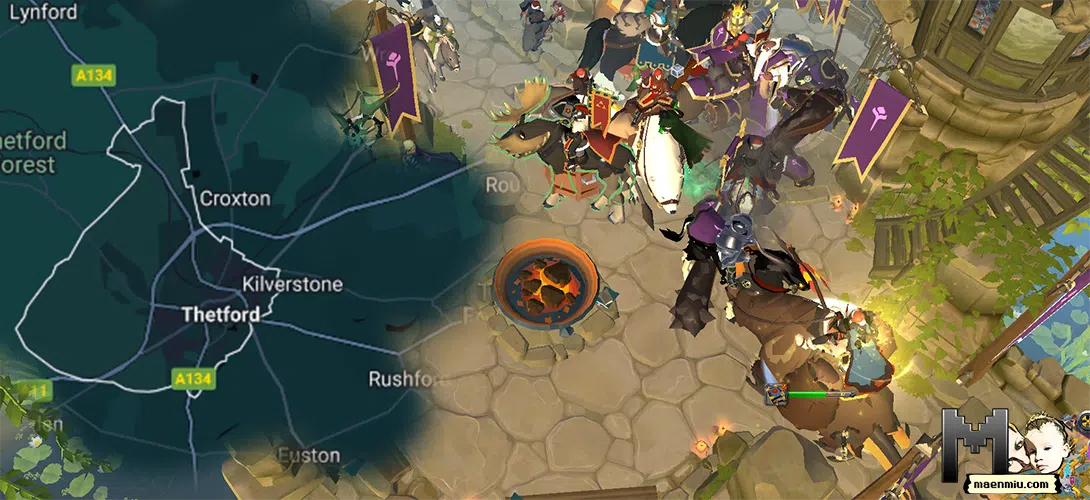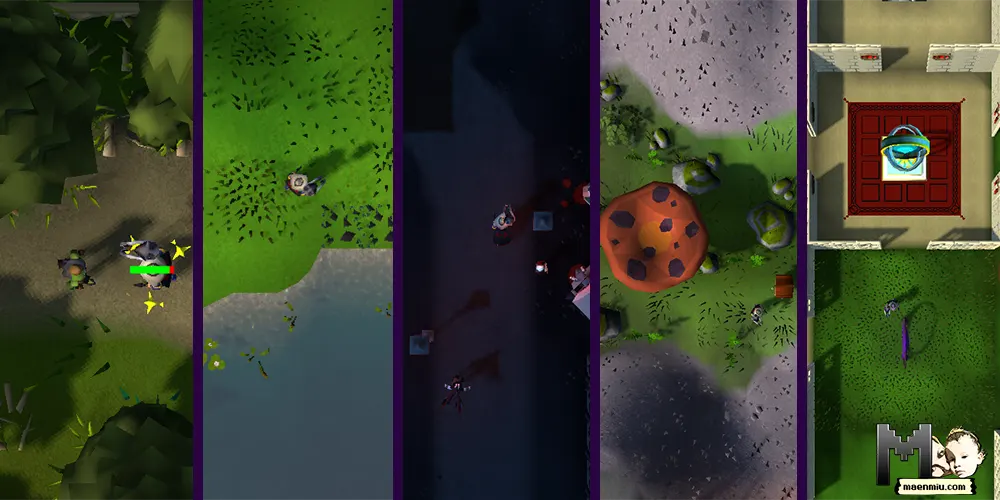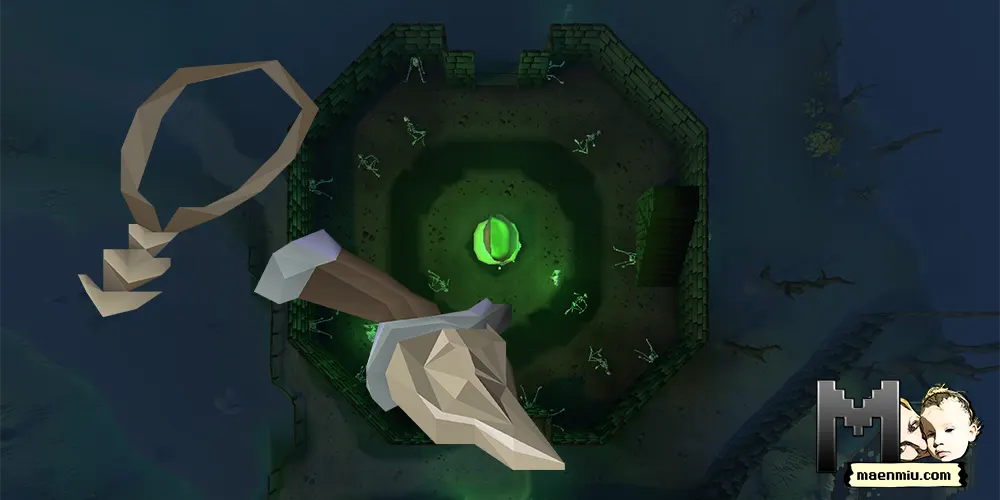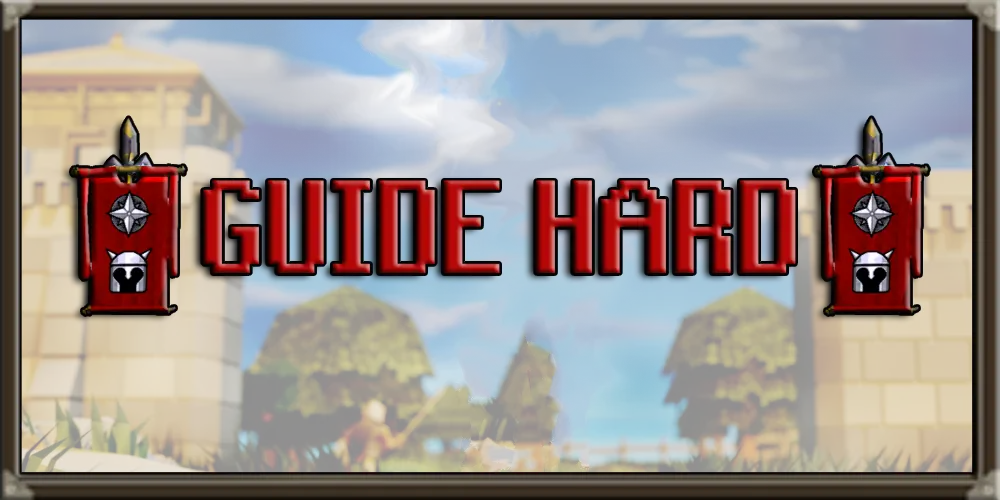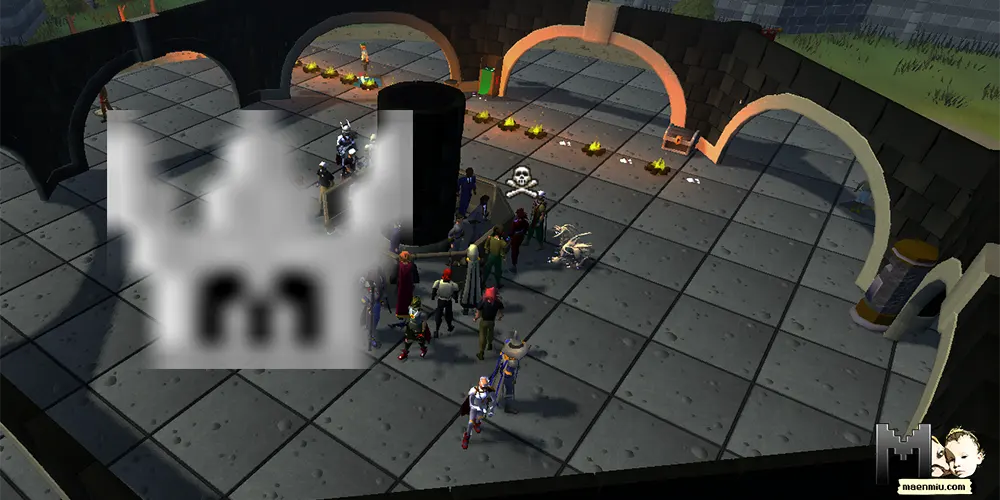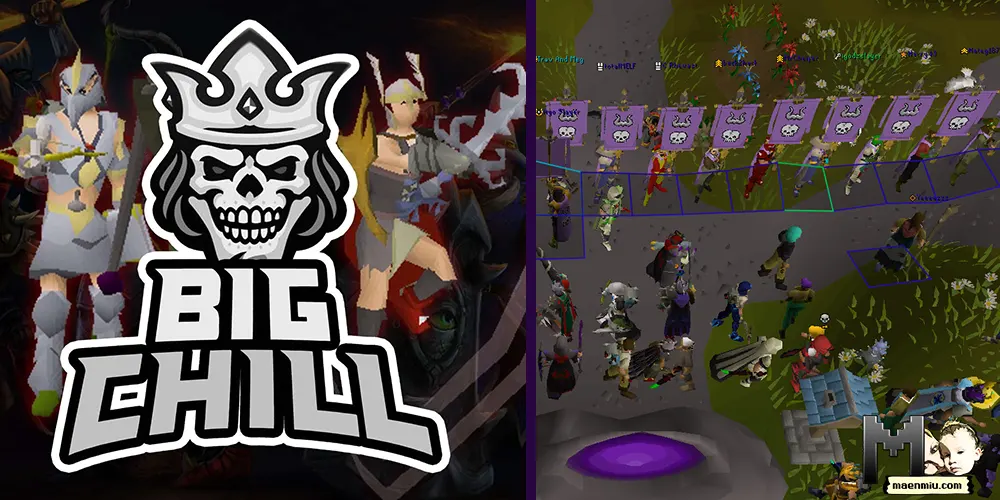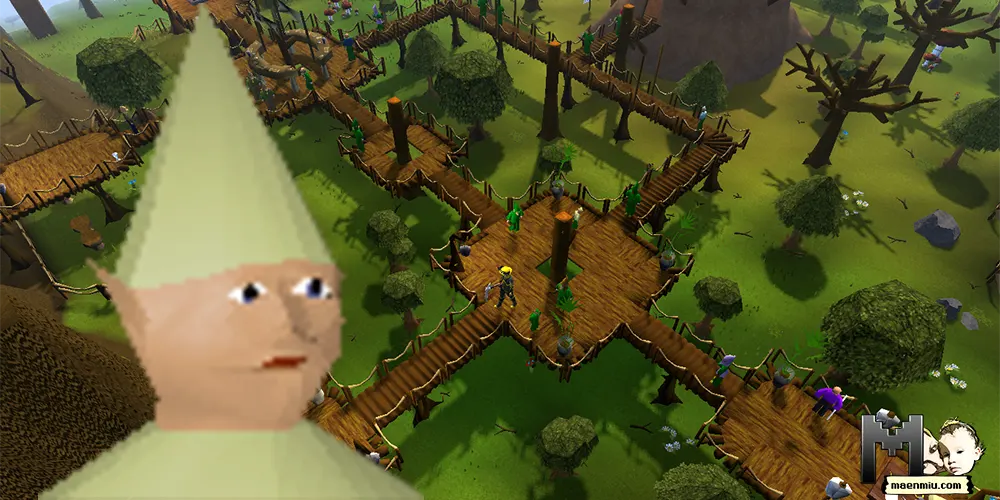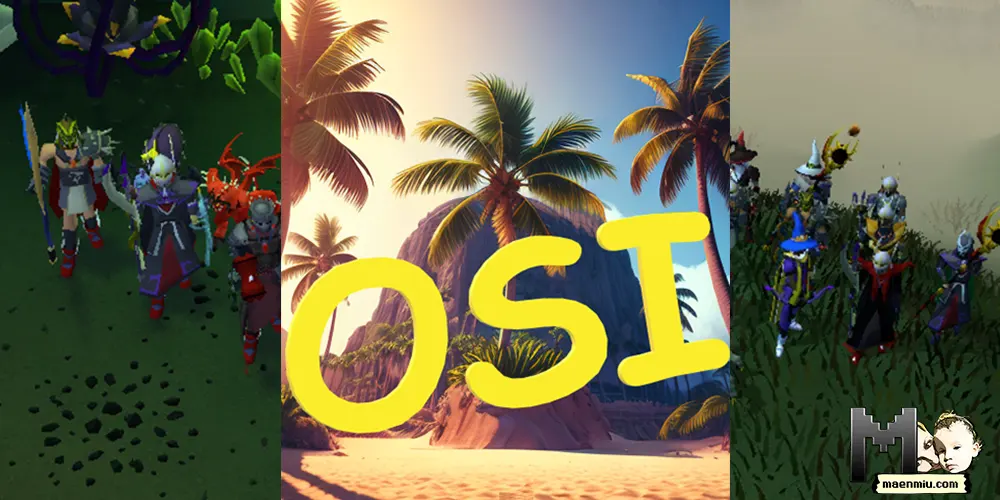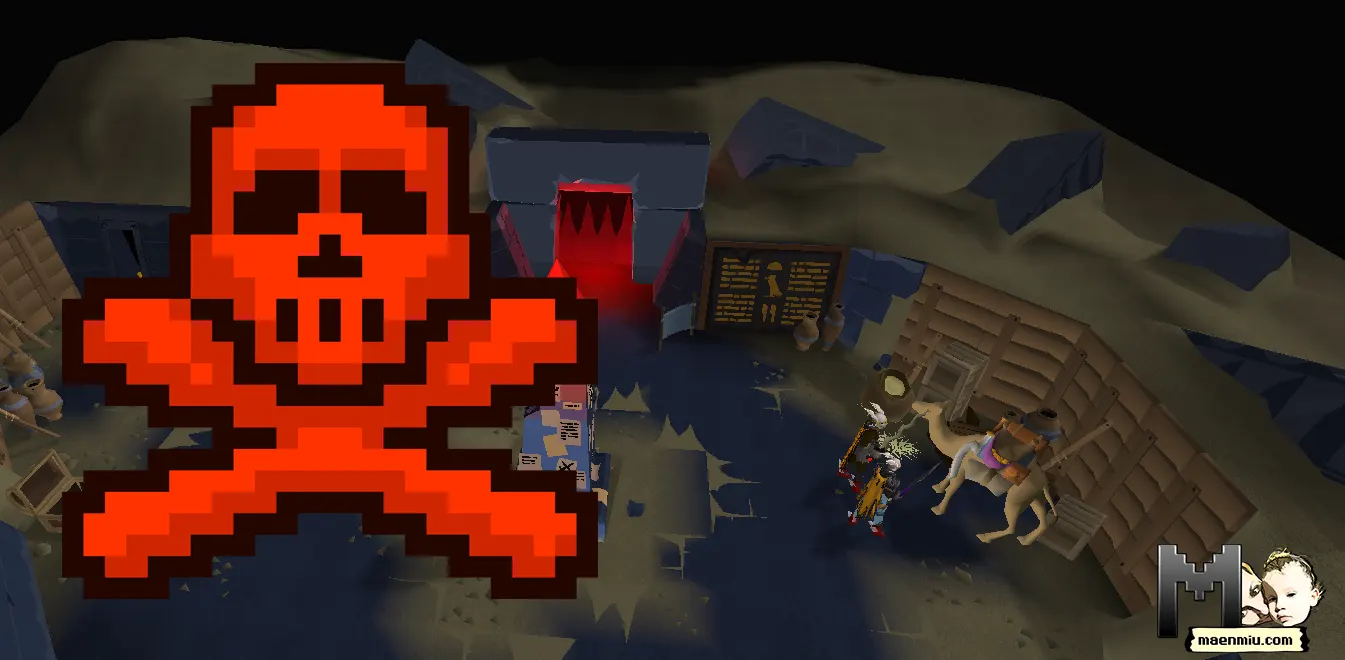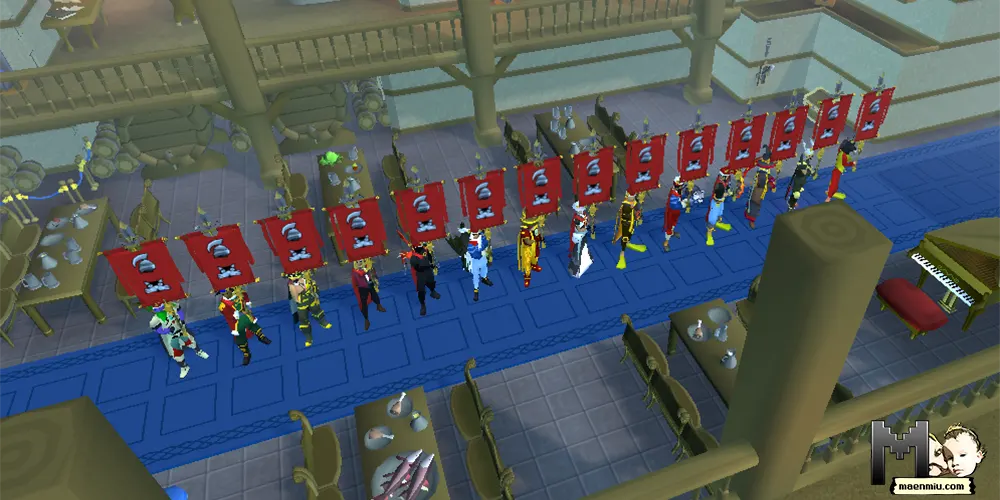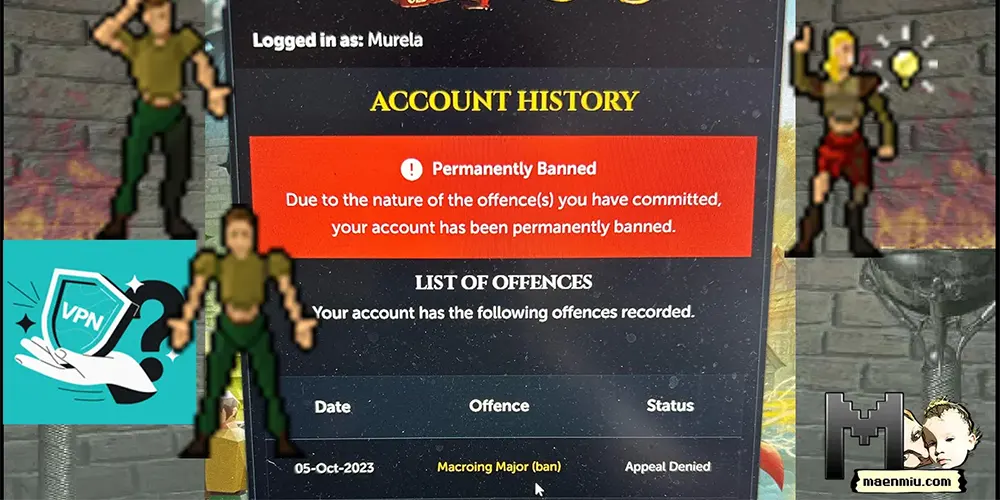
Albion Online is a massively multiplayer online role-playing game that employs a full loot PvP system. This means that when a player is killed in certain zones, all of their equipped items and inventory can be taken by the killer. This system can certainly have significant psychological implications and impacts on player behaviour.
You might like
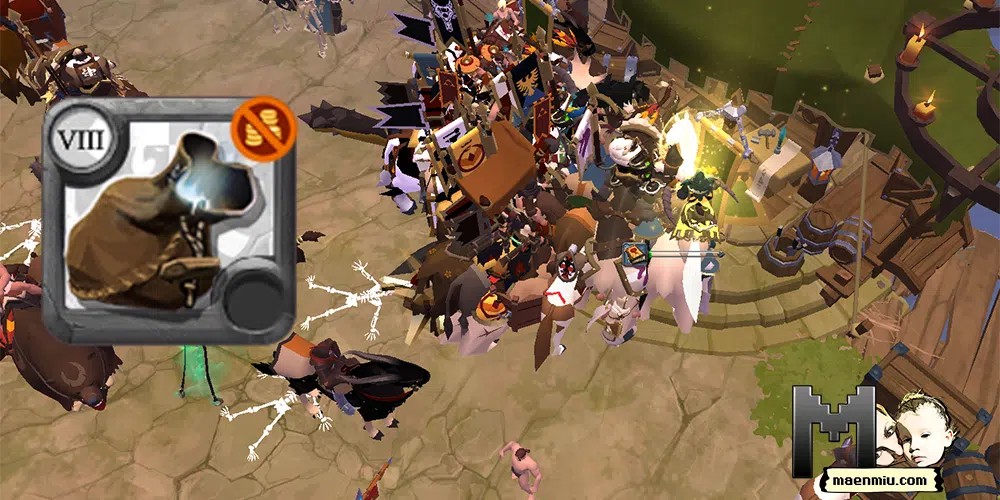
Risk Perception & Risk-Taking Behaviour
The full loot PvP system significantly elevates the perceived risk associated with PvP combat, since players stand to lose not only the time and effort spent in the game but also their in-game assets. This can deter some players from engaging in PvP, while others may develop more strategic, calculated approaches to combat. It encourages risk-assessment and decision-making skills.
Risk-taking behaviour in Albion Online’s full loot PvP system is comparable to risk-taking in real life (IRL) in several ways. Both involve evaluating the potential benefits and drawbacks of a given action and making decisions accordingly.
In Albion Online, when a player decides to engage in PvP combat, they consider multiple factors: the potential reward (looting the opponent), their estimated chances of winning the fight (based on their skills, equipment, and knowledge of the opponent), and the potential loss (their own loot). Players who often engage in PvP despite the potential losses could be seen as risk-takers.
Similarly, in real-life scenarios, people often need to assess risks before making decisions. For instance, consider an entrepreneur deciding whether to start a new business. They would evaluate the potential profits, their ability to manage and grow the business, and the risk of failure, including financial loss and potential debt. Here, starting a new business despite acknowledging the risks is a form of risk-taking behaviour.
Individual Differences
Both in-game and in real life, individuals vary in their risk-taking propensity. Some people are naturally more inclined towards risky behaviour, driven by personality traits such as extraversion or openness to experience. This can lead them to engage in PvP combat in Albion Online more frequently or start new ventures in real life.
Reward Sensitivity
Risk-taking often relates to an individual’s sensitivity to rewards. Those who are more sensitive to rewards may be more willing to take risks if they perceive the potential rewards as high. For instance, the chance to loot valuable items in Albion Online or the prospect of high profits in a new business venture can encourage risk-taking behaviour.
Perceived Self-Efficacy
Self-efficacy is one’s belief in their ability to succeed in specific situations. In Albion Online, players with high self-efficacy may believe they can win PvP encounters and therefore take on more risks. Similarly, an entrepreneur confident in their business skills may be more willing to start a new business.
Risk Mitigation Strategies
Both in Albion Online and real life, individuals often employ strategies to mitigate risks. In Albion, this could involve forming alliances for mutual protection or carefully selecting PvP battles. In real life, an entrepreneur might mitigate risks by conducting market research, securing funding, or collaborating with experienced partners.
Impact of Losses
Lastly, the psychological impact of losses can shape future risk-taking behaviour. In Albion Online, a player who has suffered significant losses may become more cautious, similar to how an entrepreneur who has experienced a business failure may be more careful with future ventures. On the other hand, these losses can sometimes encourage a stubborn persistence, as individuals strive to regain their lost status or resources, further propelling them into risk-taking behaviour.
Stress & Anxiety
The threat of substantial loss can lead to increased levels of stress and anxiety during gameplay, particularly in PvP encounters. Some players may find this thrilling, leading to an adrenaline rush that enhances their gaming experience, while others may find it overwhelming and unpleasant.
Stress and anxiety play significant roles in the gaming experience, particularly in games like Albion Online that feature a full loot PvP system. This kind of high-stakes gameplay can elicit strong emotional responses from players. Stress and anxiety can impact gameplay:
Performance
Stress and anxiety can have both positive and negative effects on player performance. On one hand, moderate stress levels can heighten alertness and increase focus, potentially improving a player’s reaction time and decision-making in crucial moments. This is sometimes referred to as the Yerkes-Dodson Law, which suggests that there is an optimal level of arousal (in this case, stress) that enhances performance. On the other hand, excessive stress or anxiety can impair cognitive function, leading to indecisiveness, slower reaction times, and mistakes during gameplay.
Engagement
Players experiencing high levels of stress or anxiety may become more intensely engaged with the game, as they are heavily invested in the outcome of their actions. This could result in longer gameplay sessions and a greater overall commitment to the game. However, if the stress or anxiety becomes overwhelming, it might detract from the enjoyment of the game, leading to burnout or disengagement.
Risk-Taking Behavior
Increased levels of stress and anxiety can also influence a player’s willingness to take risks. Stress might make some players more cautious, avoiding PvP interactions to minimize the potential for loss. Others, however, might become more reckless under stress, perhaps driven by a desire to regain lost items or status.
Social Interactions
Stress and anxiety can impact how players interact with others within the game. Some players might seek support from others, fostering cooperation and community building. Conversely, heightened stress levels can also lead to increased conflict or aggression towards other players, contributing to a more hostile game environment.
Health Implications
If gaming becomes a significant source of stress or anxiety, it can potentially have health implications for the player. These can include physical symptoms like headaches or sleep problems, as well as mental health issues such as increased general anxiety or depression. In extreme cases, it could lead to gaming disorder, a condition recognized by the World Health Organization that is characterized by impaired control over gaming and prioritization of gaming over other activities.
It’s important for players to manage their stress and anxiety levels while gaming, taking breaks when necessary and keeping their emotional reactions in perspective. Game developers, for their part, can consider implementing mechanics that help mitigate stress and anxiety, like safe zones, or balancing high-risk and low-risk activities to cater to a variety of player preferences.
Social Behavior & Cooperation
Given the high stakes, players are likely to seek cooperation and form alliances or guilds for mutual protection. This can promote teamwork, communication, and community building within the game. However, it can also lead to factionalism and in-group/out-group dynamics, which could foster toxicity or conflict within the player community.
Loss Aversion & Aggression
The full loot system taps into the concept of loss aversion, where people tend to prefer avoiding losses over acquiring equivalent gains. This might push some players into more aggressive or predatory behaviors, aiming to amass wealth and power at the expense of others.
Grinding & Time Investment
To recover from losses or prepare for potential ones, players might need to spend considerable time grinding to collect resources and equipment. This can lead to addictive behaviors, as players get caught in a cycle of loss and recovery, pouring hours into the game.
Player Churn & Retention
The hardcore nature of the full loot PvP system can create a high barrier to entry for new or casual players, which may result in high player churn rates. On the other hand, for certain players, the high-stakes gameplay can be an attractive element that fosters a strong, dedicated player base and high retention.
Remember that these effects will vary greatly depending on individual player characteristics, such as your personality, gaming preferences, and tolerance for risk and loss. The social context, including the attitudes and behaviours of other players, also plays a crucial role.
I created this article with the partial assistance of an AI tool. Learn about my view on AI and why I’m telling you about it.

